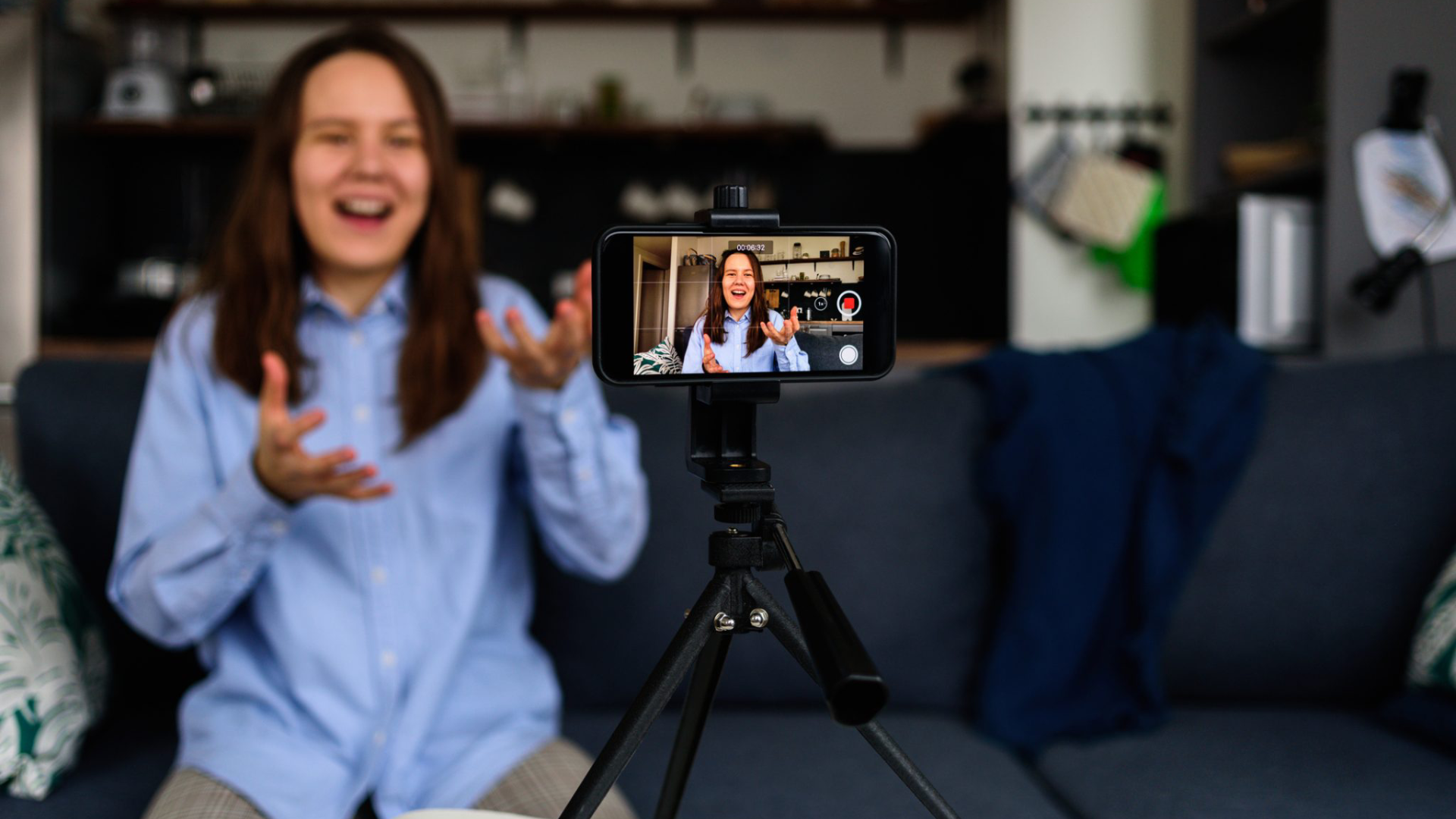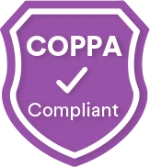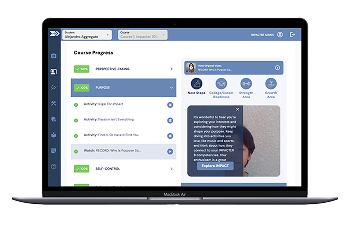In 2025, a firm handshake feels almost retro.
From remote work to AI-driven classrooms, digital culture has disrupted the micro-habits of social interaction. But while we’ve innovated for efficiency, we may have forgotten how much human meaning was encoded in a simple grip.
And now, the research is starting to catch up.
???? The Physical Decline, Measured
In 2023, the International Association for Social Ritual Studies reported that 87% of high school seniors said they had not shaken hands with a teacher or mentor in the past year, up from just 34% in 2017. Another recent study out of the Digital Civility Institute found that students aged 14–18 report 62% less face-to-face peer feedback than students did a decade ago, with most feedback now given via text, chat apps, or comments in shared docs.
According to behavioral psychologist Dr. Yuna Kalev:
“Micro-interactions like handshakes serve as subconscious anchors for trust, presence, and respect. Losing them has measurable impact on how young people process interpersonal accountability.”
(Journal of Social Cognition, Vol. 42, Issue 3)
???? The Neuroscience of Touch and Trust
Handshakes aren’t just etiquette—they’re neurochemical events. A 2012 study from the Beckman Institute for Advanced Science and Technology found that handshakes stimulate the release of oxytocin, the hormone linked to bonding and cooperation. The same study showed that subjects who shook hands before a negotiation were 38% more likely to rate the interaction as “mutually respectful”, compared to those who didn’t.
Yet in our post-pandemic, phone-first world, these moments are disappearing—and we haven’t yet replaced them with anything equally rich.
???? The Education Gap: What Schools Aren’t Teaching Anymore
Let’s be blunt: our classrooms are producing incredibly smart students… who sometimes struggle to say hello in person.
Despite the rising emphasis on “soft skills,” few districts have clear methods for teaching or measuring things like:
-
Greeting etiquette
-
Eye contact
-
Conflict de-escalation
-
Empathic listening
-
Purpose-driven introductions
And in the absence of formal instruction, many students never learn.
???? How IMPACTER Helps Restore the Lost Arts
IMPACTER was built to measure the very thing schools often overlook: the real, human stuff.
Instead of surveys or Likert scales, we ask students to speak—to reflect aloud on personal stories and challenging moments. Then, using our NLP-based neural scoring engine, we analyze their responses across the 8 Anchor Attributes:
-
Grit
-
Curiosity
-
Growth Mindset
-
Compassion
-
Gratitude
-
Purpose
-
Self-Control
-
Perspective-Taking
Students aren’t just being assessed—they’re building internal awareness and external fluency around the skills that make them credible, confident humans.
And we’ve got the metrics to prove it.
In one district-wide pilot, students who completed monthly voice reflections through IMPACTER showed a 28% increase in self-reported confidence in professional social settings, compared to a control group. Teachers reported a 46% increase in peer-to-peer compliments and acknowledgments in advisory periods by semester’s end.
???? Conclusion: We’re Not Just Losing Handshakes. We’re Losing Connection.
When we lose physical rituals like the handshake, we don’t just lose a greeting.
We lose an embodied language—one that teaches trust, presence, and belonging.
But all is not lost. We can teach these skills again. We can measure them. And we can make human interaction a feature of the future—not a bug of the past.
Let’s give students the voice—and the data—that brings it all back.












